 Just a quick update on the Fusion Investment Fund. The application deadline is fast approaching and I am aware of lots of activity. Last week the selection committee for each of the three funding strands met for the first time and discussed the selection criteria they would use in making their assessments.
Just a quick update on the Fusion Investment Fund. The application deadline is fast approaching and I am aware of lots of activity. Last week the selection committee for each of the three funding strands met for the first time and discussed the selection criteria they would use in making their assessments.
There was a range of different views but all three committees decided to adopt a very similar approach based on five criteria which would be scored one to four and supplemented with textural comments.
These assessment criteria are included within a series of Frequently Asked Questions (FAQs FIF V3), based on questions that I have been asked in the last couple of weeks. I would encourage you to read these carefully since there are some key hints in fine tuning your applications.
The budget allowances for each funding stream have changed too following the committee’s first meetings; The committee for ‘Staff Mobility and Networking’ confirmed awards from £1,000 and up to £10,000 will now be made. The committee for the Co-Creation and Co-Production strand confirmed awards from £5,000 and up to £75,000 will now be made.
The SL Committee recognises that in some cases it may need to make grants larger than £15k in order to support some periods of study leave. Applicants requesting larger sums should make this clear on the application form and in the case of support.
During the last few weeks we have run a series of surgeries and workshops to help staff in preparing their applications. There is still opportunity to gain further support:
- On Friday the 22 June I will be running a bid surgery between 11.00 and 13.00 in P403, details and the booking form are available on the Staff Portal. Just bring your draft proposal or idea along and I will see what we can do to help.
- On Monday 25 June I will be running a telephone workshop between 10.00 and 11.30 simply drop an email to staffdevelopment@bournemouth.ac.uk with your extension number or the number you will be on during that period and I will give you an individual call at some point during the session. It is your chance to ask an individual or specific question.
If you have any other queries don’t hesitate to get in touch with me directly and I wish you all good luck with your applications.
Matthew Bennett
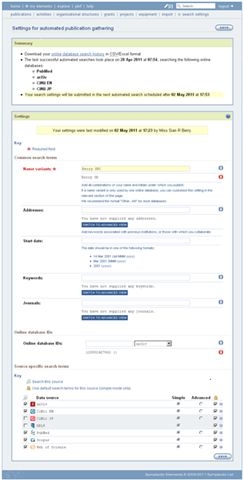




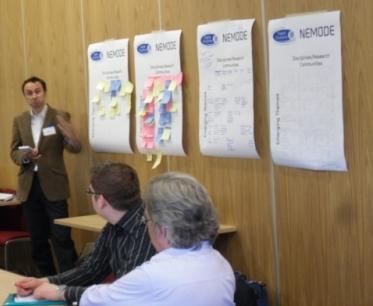 Academics from multi-disciplinary backgrounds recently attended a two day Digital Economy Network+ event at the University of Cambridge. The aim of the event was to continue the process of building a network of people interested researching New Economic Models for the Digital Economy.
Academics from multi-disciplinary backgrounds recently attended a two day Digital Economy Network+ event at the University of Cambridge. The aim of the event was to continue the process of building a network of people interested researching New Economic Models for the Digital Economy.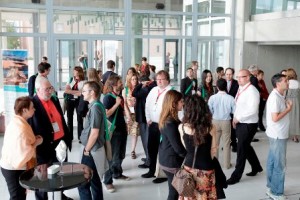

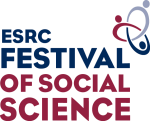
 Action on Hearing Loss,
Action on Hearing Loss,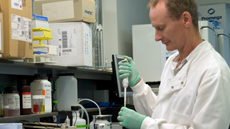

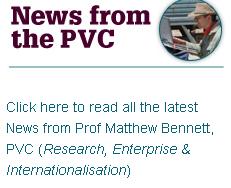
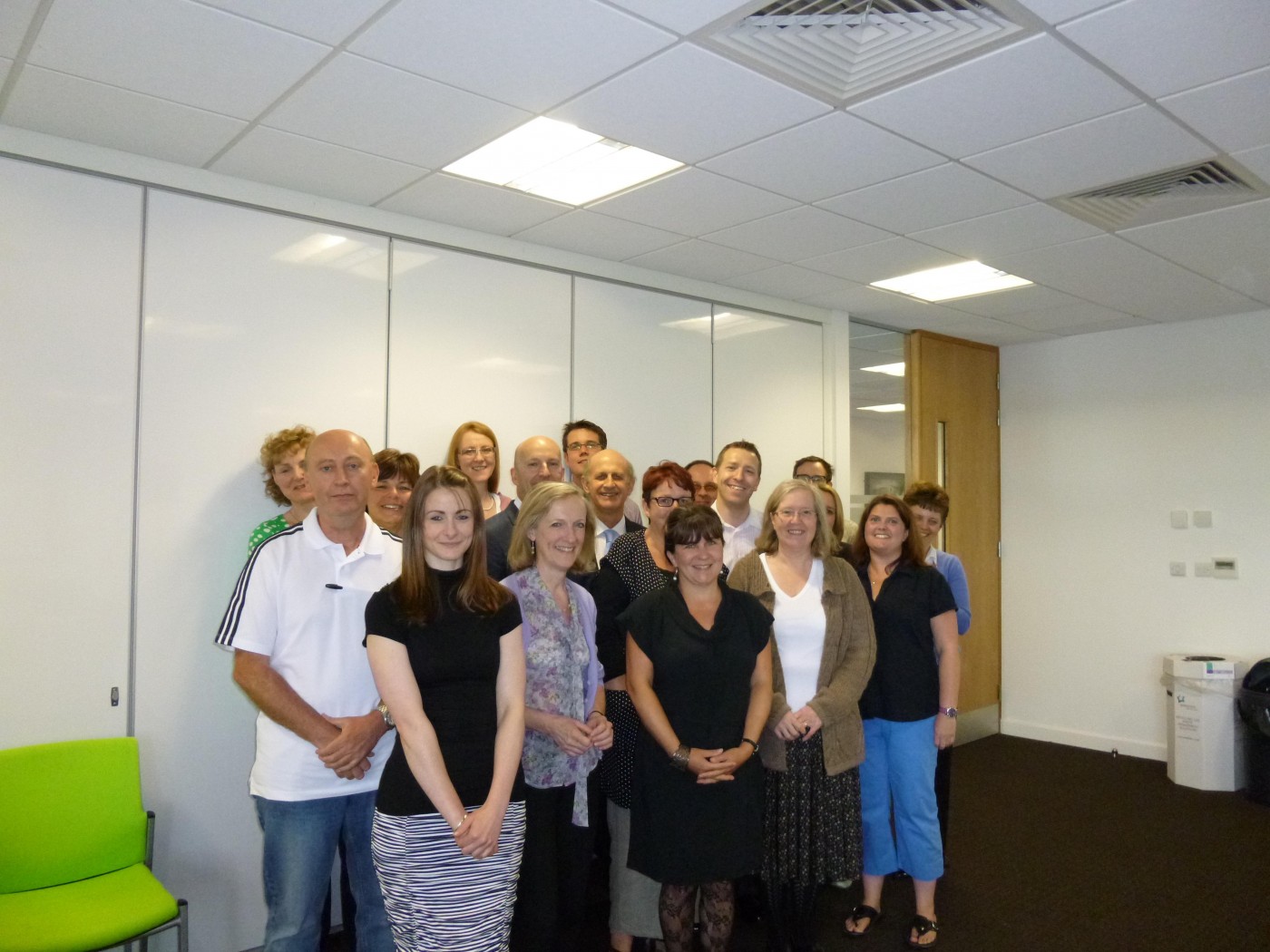 14 June saw the first BUDI University wide dementia meeting. Over 30 people attended from different BU Schools (Tourism, DEC and HSC). Apologies were received from 10 other BU staff members who were unable to attend the meeting but are keen to be involved in BUDI activities relating to dementia research, education and practice development.
14 June saw the first BUDI University wide dementia meeting. Over 30 people attended from different BU Schools (Tourism, DEC and HSC). Apologies were received from 10 other BU staff members who were unable to attend the meeting but are keen to be involved in BUDI activities relating to dementia research, education and practice development.










 REF Code of Practice consultation is open!
REF Code of Practice consultation is open! BU Leads AI-Driven Work Package in EU Horizon SUSHEAS Project
BU Leads AI-Driven Work Package in EU Horizon SUSHEAS Project Evidence Synthesis Centre open at Kathmandu University
Evidence Synthesis Centre open at Kathmandu University Expand Your Impact: Collaboration and Networking Workshops for Researchers
Expand Your Impact: Collaboration and Networking Workshops for Researchers ECR Funding Open Call: Research Culture & Community Grant – Apply now
ECR Funding Open Call: Research Culture & Community Grant – Apply now ECR Funding Open Call: Research Culture & Community Grant – Application Deadline Friday 12 December
ECR Funding Open Call: Research Culture & Community Grant – Application Deadline Friday 12 December MSCA Postdoctoral Fellowships 2025 Call
MSCA Postdoctoral Fellowships 2025 Call ERC Advanced Grant 2025 Webinar
ERC Advanced Grant 2025 Webinar Update on UKRO services
Update on UKRO services European research project exploring use of ‘virtual twins’ to better manage metabolic associated fatty liver disease
European research project exploring use of ‘virtual twins’ to better manage metabolic associated fatty liver disease